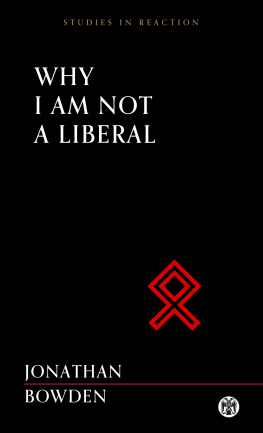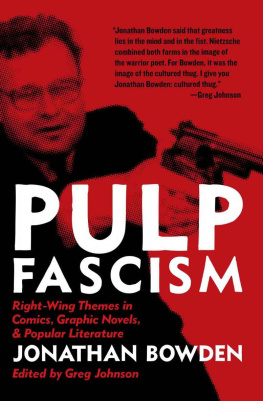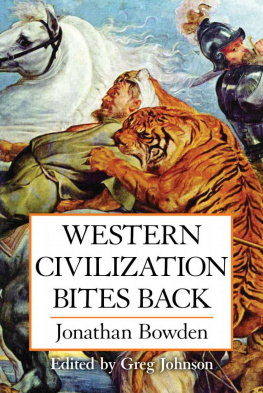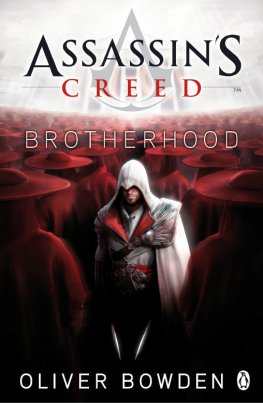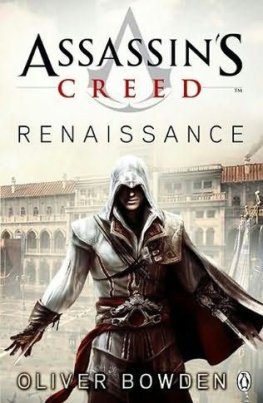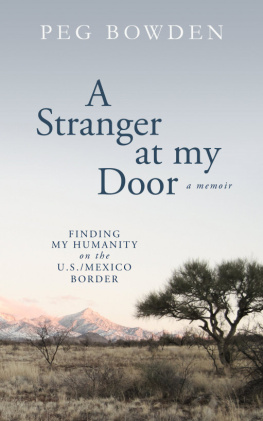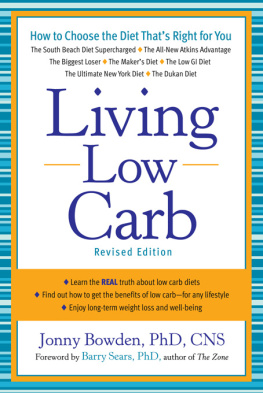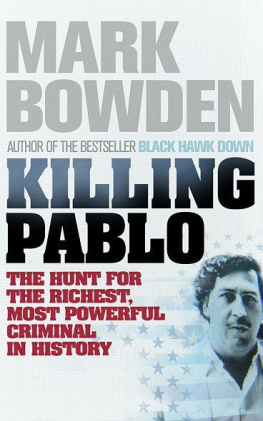A problem well put is half-solved. The reactionary is a man of few words, well-chosen, which cut to the heart of a problem. In the history of ideas there have been works which have laid bare the problems of modernity, and whose elegance has pointed the way to their solution.
Imperium Press Studies in Reaction series distills the essence of reactionary thought. The series presents in compact format those seminal works which need so few words to say so much about modernity.
Jonathan Bowden was a British orator, painter, and novelist. Beginning his political career as a member of the Conservative Party, he co-founded the Revolutionary Conservative Caucus and quarterly journal The Revolutionary Conservative Review before joining the British National Party. A towering intellect with an encyclopaedic knowledge of illiberal thought both left and right, Bowden earned a reputation for powerful oratory, quickly becoming a fixture on the far right speaking circuit. Since his premature death aged 49, his reputation has continued to grow, and he is now considered a seminal figure in what has come to be known as the alt right, and subsequent dissident right movements.
Contents
Acknowledgements and Dedication
A Note From the Interviewer
Work and Legacy
Jonathan Bowden: A Memorial
Why I Am Not a Liberal
Acknowledgements and Dedication
The editor wishes to acknowledge, above all, the late Jonathan Bowden. This is a fitting first title for the Studies in Reaction series, being comprised of pithy reactionary works, as Bowden himself acted as a gateway to illiberal right intellectuals by his prcis of them. This little volume is dedicated to him.
The editor also wishes to acknowledge Black Gnosis, whose members not only had the foresight to record many of Bowdens talks and to interview him, but who also granted permission to republish all content that follows.
Finally, he wishes to acknowledge Counter Currents, who, in addition to doing important work in their own right, have granted permission to use their transcription of this interview.
A Note From the Interviewer
The following is a transcript of a three and a half hour interview I filmed with the British author, artist, and orator, Jonathan Bowden, back in 2009.
The location was a bar in a private members club for ex/serving military personnel, in Waterloo central London.
Sat surrounding Bowden, in a horseshoe shape, like attentive listening disciples around a besuited sage were fifteen members of the London New-Right ; the pragmatic English take on Frances GRECE/Nouvelle-Droite , that was founded in 2005 by Troy Southgate. The interview itself had taken place shortly after Bowden had closed a successful NR meeting with a memorable and energetic talk about the historical and cultural significance of Punch & Judy ; a favourite subject hed covered previously in essays and a film entitled Grand Guignol .
Forever the performer, Bowden enjoyed the attention and answered the myriad of questions put to him instantaneously, like an actor delivering lines from a well rehearsed script, but in his case, they were questions he had been contemplating for most of his adult life. The topics ranged from a damning critique of The Conservative party, UKIP ( United Kingdom Independence Party ) the BNP ( British National Party ), Islam, Christianity, Paganism, the Middle-East, Israel, the EU, Feminism, and the social decline of the working-class ethnic-English in the post-industrial north.
In-between questioning we broke for coffee and I decided to keep the camera running. For myself, this was the most interesting part of the whole proceedings because it allowed Jonathans humour, complaisance, and knowledge of British popular culture and subcultures to come through. There were also some humourous anecdotes thrown in about an ex-tabloid newspaper columnist and characters that Bowden had crossed paths with over the years. Due to their potentially libellous nature I promised Jonathan I would edit them out if the interview ever saw the light of day.
Cut all that stuff out I said about Gy Bull, would you?
As is now widely known Jonathan passed away in March of 2012 from coronary failurenot long after suffering a nervous breakdownand a month shy of his 50th birthday. As was commented about his death elsewhere online, when you push your mind to those sorts of limits something has to give. Jonathan Bowden, a Nietzschean til the end.
Work and Legacy
With the sad passing of Jonathan Bowden the New Right has lost one of its most gifted advocates and humanity has lost its most gifted orator. Like other commentators who have written about Jonathan in the few weeks since the announcement of his death, I regard Jonathans unique contribution to have been his erudite, entertaining and inspiring speeches. Whilst there is no substitute for hearing a great speaker in the flesh, it is happily true that a great deal of the power of Jonathans oratory is communicated through the many videos that were made of his talks, and which are currently available to view online. This enduring legacy is largely due to the foresight of a Black Gnosis member, who took the trouble to film many of Jonathans speeches at the regular London New Right gatherings.
I first became aware of the power of Jonathans oratory when someone on an internet forum asked Troy Southgate if the transcript of a particular speech could be made available. Troy replied that Jonathan never prepared or consulted notes when he spoke. This intrigued me. In the modern world of endless noise and distraction how many people have the mental capacity to deliver an hour long speech without notes or preparation? When I found the speech in question online and listened to it, my intrigue grew to an immense respect. Heidegger and Deaths Ontology taught me a great deal about Heidegger, a philosopher I had found too daunting to ever try reading, and it inspired me to begin exploring his work. It also taught me a great deal about Jonathan: about his encyclopaedic knowledge; about the laser precision of his eloquence; and about his ability to enrapture an audience with a forbiddingly abstruse topic.
The facility with which he could engage his listeners was remarkable to behold. All the more so considering the fact that he never talked down to an audience. Indeed, he expected his audience to do a great deal of work in following his various trains of thought, his labyrinthine sub clauses, and his perfectly formulated parentheses. The complicated structural form of his talks was never a barrier to understanding them; it just seemed to be a necessary means to incorporate the vast array of ideas and illustrations that were required for him to express what he had to say. And what he chose to emphasize again and again was that we are engaged in a cultural struggle at all levels of social activity.
One example of this will suffice. During one particular speech Jonathan claimed that Pol Pot, the future leader of the Khmer Rouge, heard lectures given at the Sorbonne by Jean Paul Sartre and Simone de Beauvoir. When these existentialist intellectuals discussed notions such as the necessity of destroying the family as a bourgeois construct, Pol Pot interpreted them rather literally and carried out their ideas with Maoist zeal. Thus, Jonathan described a political spectrum of Marxism stretching from the feminism of The Second Sex to the killing fields of Cambodia. And this, of course, is the dirty secret of liberalism. When it requires a face of tolerance and humanity to succeed then it will wear that face; when it requires bullets, the mask is changed accordingly. The hypocrisy is mostly hidden due to the hegemonic influence of the Left across all political and cultural institutions.

